The Brazilian political system and the quality of democracy
The 5th season of the minidoc series Vale a Pena Perguntar is now on air! The new edition focuses on the Brazilian political system and its current challenges.
How has the relationship between the branches of government changed in recent years? How does the concentration of power in the Speaker’s office affect the political system? Are parliamentary amendments legitimate? Does the financing of parties and electoral campaigns affect representativeness?
Six experts (below) share their ideas on how the functioning of the political system affects the quality of Brazilian democracy.
The video series has optional subtitles in Portuguese, English and Spanish that can be activated in the settings.

This series is divided into four episodes:

The Brazilian Political System
Looks at how Brazil’s presidential system works. It explains the tools of governance available to the president. It examines the changes that have taken place in the relationship between the branches of government over the last decade.

Provisional measures and parliamentary amendments
Analyses the impact of recent political reforms on the use of the public budget and examines the consequences of these changes for the quality of public policies. It discusses the legitimacy of parliamentary amendments and ways to improve their use for greater transparency and effectiveness.

Inside Congress
Looks at the functioning of the Brazilian Congress, the fragmentation of Brazilian parties and recent electoral reforms. It discusses the impact of the concentration of power in the Speakers of the Houses.

Congress and Representativeness
Discusses the popular representativeness of the National Congress and how it is affected by the funding of parties and electoral campaigns. Explains how quotas for social minorities work in the legislature.

The role of the Judiciary in Brazil
Cláudio Couto explains the role of the Judiciary in the Brazilian political system and analyses recent tensions between the Executive and the Judiciary.
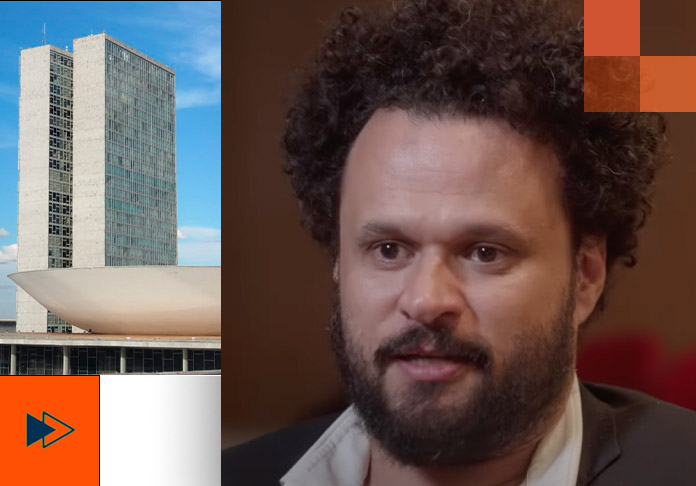
Party decisions and representativeness
Luiz Augusto Campos analyses the complex electoral calculations that parties and party leaders have to make every electoral cycle, and the obstacles this system poses to creating a Congress that is more representative of the Brazilian population.
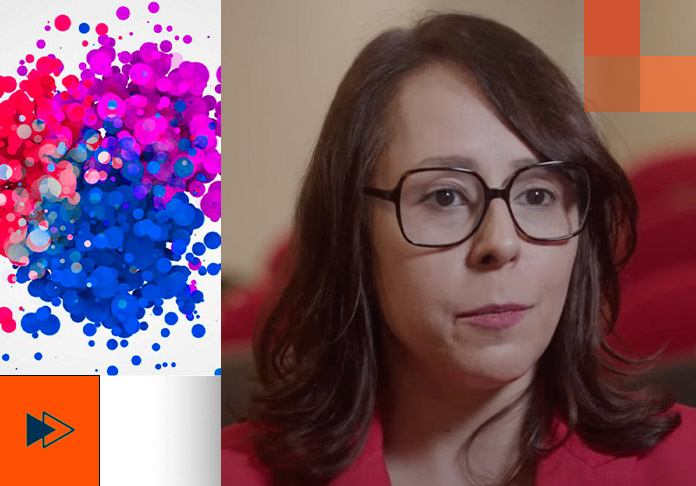
Parties and polarization
Beatriz Rey talks about the importance of the role of parties in mediating between social groups and the political system, training cadres in party socialization processes so that elected politicians arrive in Congress with softer positions, less prone to radicalism.





 Entrepreneurship, religion and democracy
Entrepreneurship, religion and democracy Agribusiness and Politics
Agribusiness and Politics Evangelical Women and Democracy
Evangelical Women and Democracy Working Hours, Economic Growth and Well-Being
Working Hours, Economic Growth and Well-Being Oil and the Energy Transition
Oil and the Energy Transition Transportation and Delivery Platforms
Transportation and Delivery Platforms Public Security and Democracy
Public Security and Democracy Regulation of Social Media Platforms and the Marco Civil da Internet
Regulation of Social Media Platforms and the Marco Civil da Internet Freedom of expression and action of the Judiciary
Freedom of expression and action of the Judiciary Sustainable Agribusiness
Sustainable Agribusiness Deforestation in the Cerrado
Deforestation in the Cerrado New wave of populism: radical right-wing movements
New wave of populism: radical right-wing movements BRICS and the new multipolar global order
BRICS and the new multipolar global order Artificial Intelligence and the Environment
Artificial Intelligence and the Environment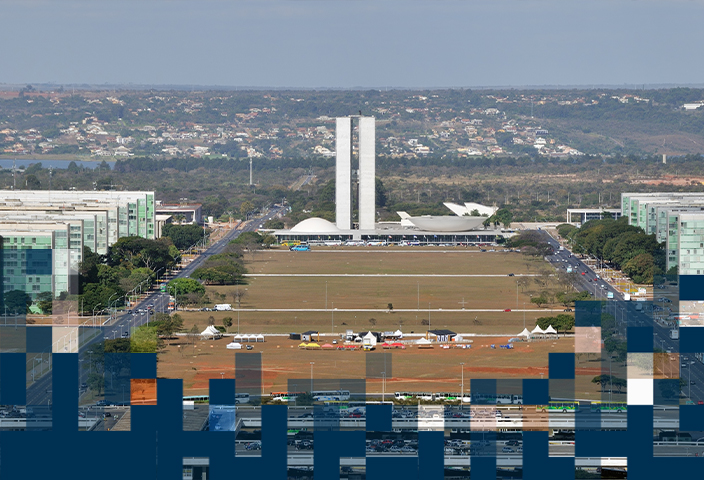 The Brazilian political system and the quality of democracy
The Brazilian political system and the quality of democracy Environment and Development
Environment and Development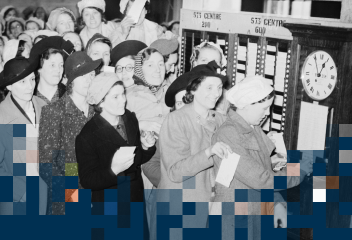 Digitalisation and the job market
Digitalisation and the job market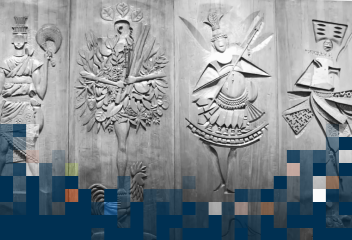 The relationship between State and religion
The relationship between State and religion Artificial Intelligence, Democracy and Public Policy
Artificial Intelligence, Democracy and Public Policy